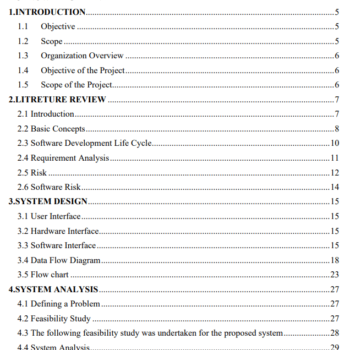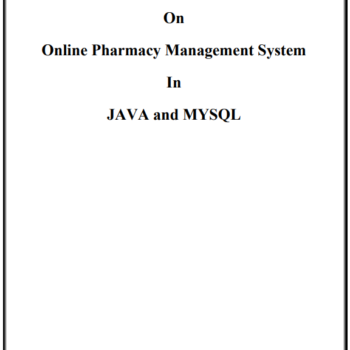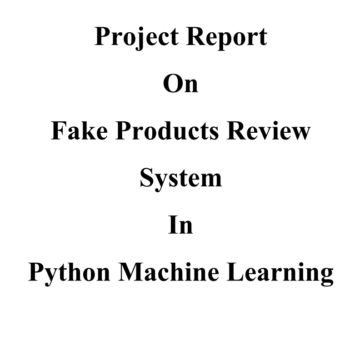Medicine Reminder Android App Project Report

Medicine Reminder Android App Project Report
₹501.00Write a review
You must be logged in to post a review.
Project Title: Medicine Reminder Android App
I. Introduction
The Medicine Reminder Android App is designed to help users manage their medication schedules effectively. It provides timely reminders for medication intake, tracks medication history, and assists users in maintaining a consistent and organized approach to their healthcare routine.
II. Objectives
Develop an Android application for medication reminders and management.
Implement features for setting medication schedules, receiving reminders, and tracking medication history.
Enhance user experience with an intuitive and user-friendly interface.
Utilize Android Studio for app development.
III. Technologies Used
Java (Programming language for Android development)
Android Studio (IDE)
SQLite (Database for local storage)
AlarmManager API (For scheduling reminders)
Notifications API (For displaying reminders)
IV. Features
Medication Schedule:
Allow users to input details for each medication, including name, dosage, frequency, and start/end dates.
Reminder Notifications:
Send timely reminders for medication intake based on the user’s schedule.
Provide options for customization, such as snooze and dismiss.
Medication History:
Maintain a record of medication intake history.
Display historical data to track adherence.
User Authentication and Authorization:
Implement secure login and registration functionalities.
Provide personalized medication schedules for each user.
V. Project Structure
Files:
MainActivity.java: Main activity for displaying the user’s medication schedule and history.
ReminderService.java: Service for handling reminder notifications.
MedicationDatabaseHelper.java: Helper class for managing the SQLite database.
Medication.java: Model class for medication details.
VI. App Screenshots
Include screenshots of the main activities, setting medication schedules, receiving reminders, and viewing medication history.
VII. Database Design
Schema:
Table: Medication
Columns: medication_id (Primary Key), user_id (Foreign Key), name, dosage, frequency, start_date, end_date, last_taken_date, etc.
VIII.Conclusion
Summary of the Medicine Reminder Android App project.
Reflection on the development process, challenges faced, and lessons learned.
IX. Future Enhancements
Ideas for additional features or improvements for the app.
Consideration for cloud synchronization of medication data.
X. References
Any external libraries, frameworks, or resources used during the development.













There are no reviews yet.